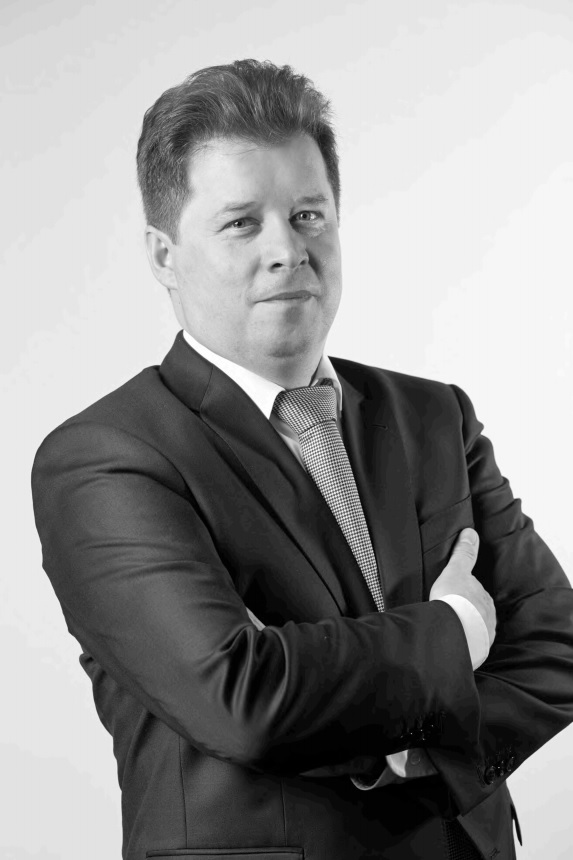BACK TO RESEARCH WITH IMPACT: FNR HIGHLIGHTS
BACK TO RESEARCH WITH IMPACT: FNR HIGHLIGHTS
In March of this year, it was announced that medical education in Luxembourg will be expanded and will also grow to include specialties. What is still missing is a clear framework to bridge the divide between medical research and applied medicine. In an opinion piece, FNR Secretary General Marc Schiltz explains why researcher-clinicians can provide this bridge.
Earlier this year, the Luxembourg Government announced that medical education will be expanded in the country. From 2020/21 onward, it will be possible to complete the first three years of a medical degree at the University of Luxembourg, before completing the studies abroad. What was less noticed, but just as important: It was also decided to offer specialties in two areas for those who have completed the general medicine education, those two fields being oncology and neurology. These domains were not chosen at random – it is in these fields where we have set research priorities in the last two years, at the LIH and LNS, as well as at the LCSB of the University of Luxembourg.
This decision by the Government is thus an important step in boosting the knowledge transfer from medical research to applied medicine in Luxembourg. It is in line with the term ‘from Bench to Bedside’ – bringing innovation from the research lab to the hospital bed, to benefit the patient. This for example is why the FNR created the National Centre for Excellence in Parkinson’s Disease (NCER-PD), which includes research activities at the University and the research institutions, as well as a Parkinson’s Disease research clinic at the Centre Hospitalier de Luxembourg (CHL).
What is still missing?
In order for Luxembourg to efficiently implement medical innovation from research in its health care system, research, medical practice and education must be intertwined. Researcher-clinicians – who conduct research as well as practice medicine – are key to making this happen. As mentioned, these are doctors, or doctors being trained in a specialty, that in parallel conduct research at the University or at another research institution.
We currently only have few of these researcher-clinicians and there is no adequate framework, which leads to a range of problems: For example, they have two employers – the hospital and the research institution. There also needs to be a certain cultural adaptation in our health establishments in order for the idea to be widely accepted. Therefore we call on all the actors from the health sector to keep an eye on the overall horizon during the current discussions about the hospital strategy.
Especially the young doctors that are specialising in neurology and cancer, should have the opportunity to alternate between medical practice and research activities. But in order for this to happen, there must be a clear framework for them, as it is written in Luxembourg’s national cancer plan.
The patient is the main beneficiary
It would be a huge opportunity for Luxembourg if we go down this road, helping to ensure the resources invested in medical research would benefit the patient.
This is a translated transcript of an opinion piece originally aired as a Carte Blanche RTL.lu
